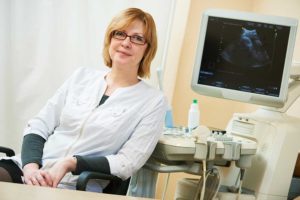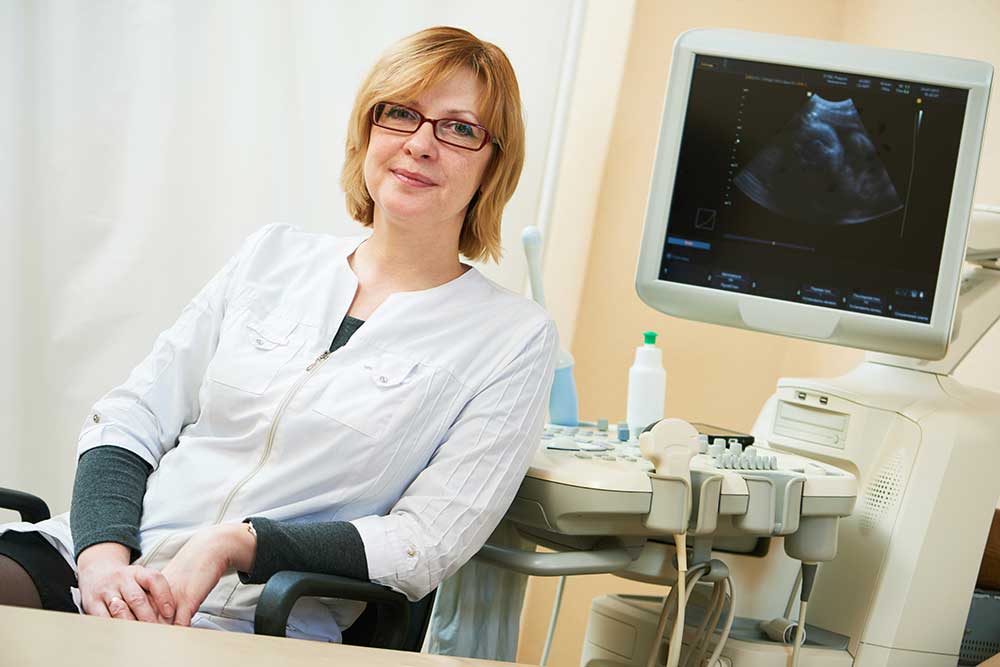Disclaimer: The information on our website is provided for general information purposes only. We make no representations or warranties of any kind, express or implied, about the completeness, accuracy, reliability, suitability or availability with respect to the website or the information contained on our website for any purpose. Any reliance on such information is therefore strictly at your own risk and we are not liable for any damages or losses arising out of or resulting from your reliance on any information contained on our website.
Gynecologists specialize in illness, injuries, or diseases of the female reproductive system. For example, they specialist in breast and hormonal problems, urinary tract and pelvic disorders, and cancer of the cervix. Those certified in both gynecology and obstetrics are called OB/GYN doctors. Watch this video to learn more about a gynecologist.
How to Become a Gynecologist

Gynecologists are doctors. Medical schools are highly competitive so it is important to begin volunteering, do well academically, and find leadership roles in high school and in your undergraduate program.
You must first earn a bachelor’s degree in an area such as biology, chemistry, or other related science. It’s encouraged you take the Medical College Admission Test (MCAT) your senior year of undergraduate school to gain admission into medical school once your graduate. Once accepted into medical school it can take another 4 years of academics and anywhere from 3-7 years to complete a residency or fellowship in the gynecology specialty. Only then are you considered a doctor in gynecology.
Job Description a Gynecologist
A gynecologist checks a women’s health. They complete year exams called pap smears, diagnose sexually transmitted diseases (STDs), monitor birth control medications, and many times complete breast exams. Gynecologists often diagnose medical issues in regards to intercourse, reproductive organs, and sometimes a woman’s urinary tract.
Gynecologists use a variety of devices and machines to evaluate, diagnose, and treat patients. Machines and devices can include (but are not limited to) ultrasounds, endoscopes, medical microscopes, forceps, traction devices, and surgical devices. They see patients on an individual basis and often times have an assistant or other medical staff present to help with the examinations or procedures being performed. In addition they are responsible in collecting and recording medical history. They often are the person to care for prenatal, natal, and post natal treatment for patients considering becoming pregnant, in addition at times may help assist in cesarean or surgical procedures as needed.
Gynecologists may communicate about intimate subjects that may be sensitive for a patient, therefore should be an active listener in addition to have empathy. It is important to build a rapport and trusting relationship with their patients because often times, patients can be embarrassed or reserved in speaking about some of their concerns. Oftentimes they work in private practices, hospitals, or specialty clinics. Most are self employed or work in partnership with other medical professionals in a practice. Additionally, some may choose to become educators for graduate students entering the medical field of gynecology.
Article Citations
Bureau of Labor Statistics, U.S. Department of Labor, Occupational Outlook Handbook, Physicians and Surgeons and Obstetricians and Gynecologists.
National Center for O*NET Development. 29-1064.00. O*NET OnLine.
Video is from CareerOnestop.org

